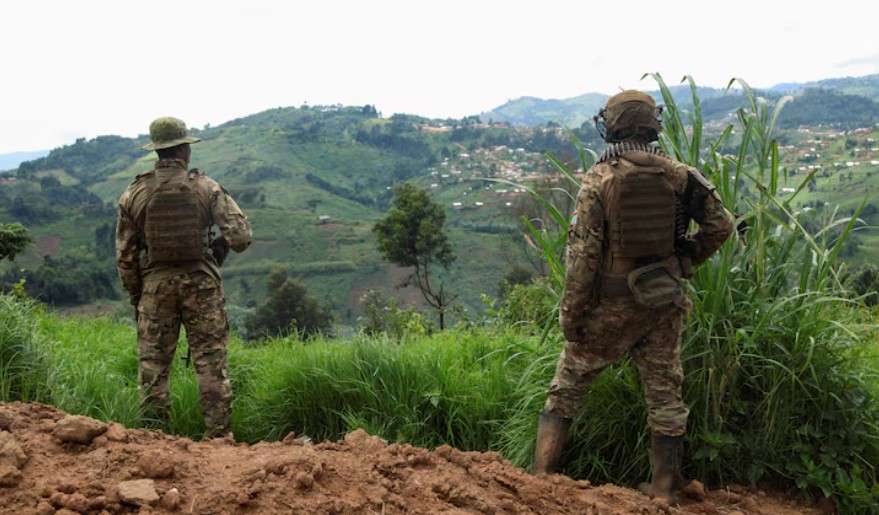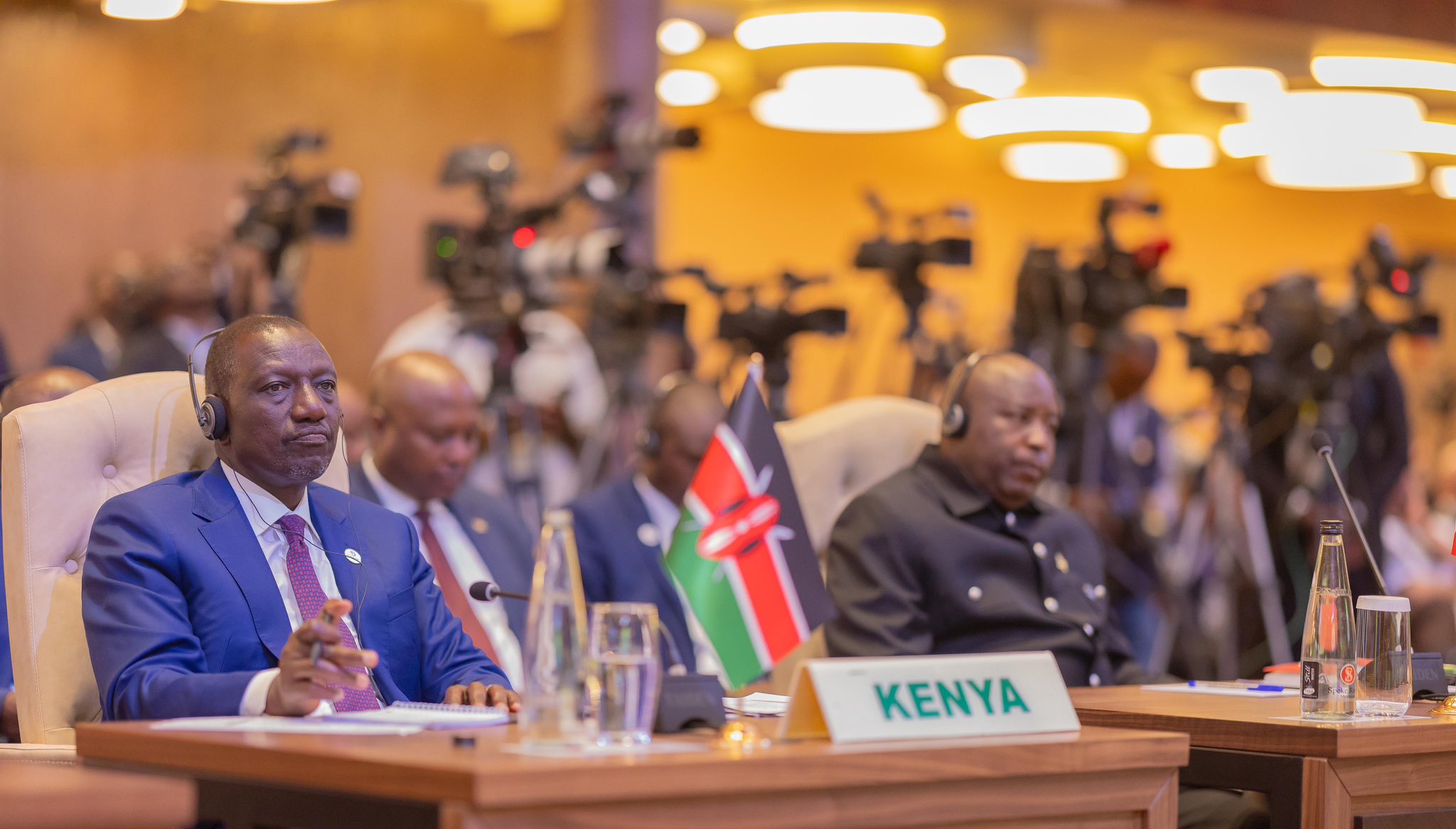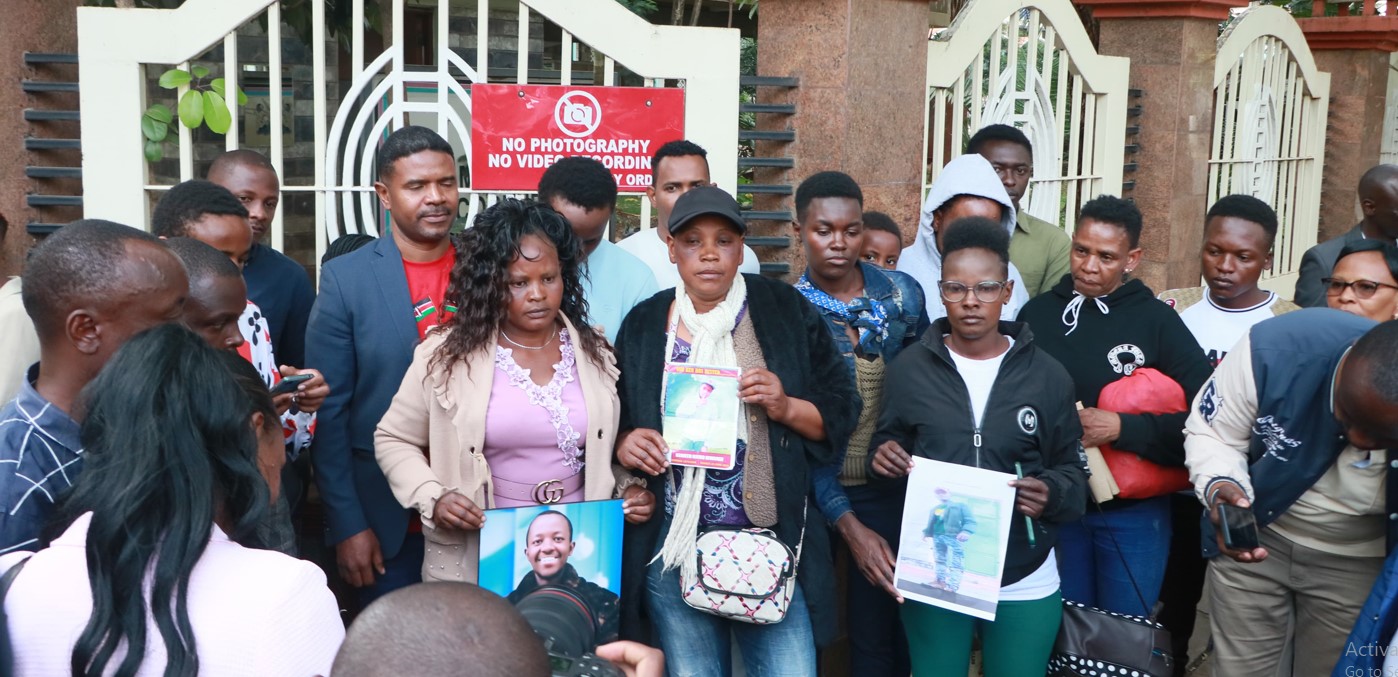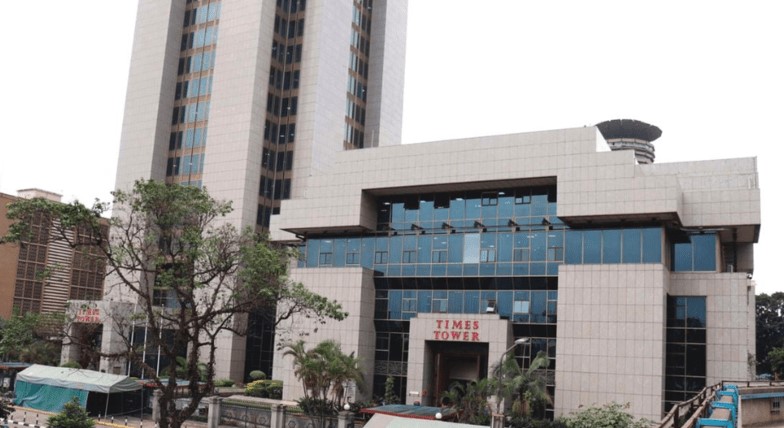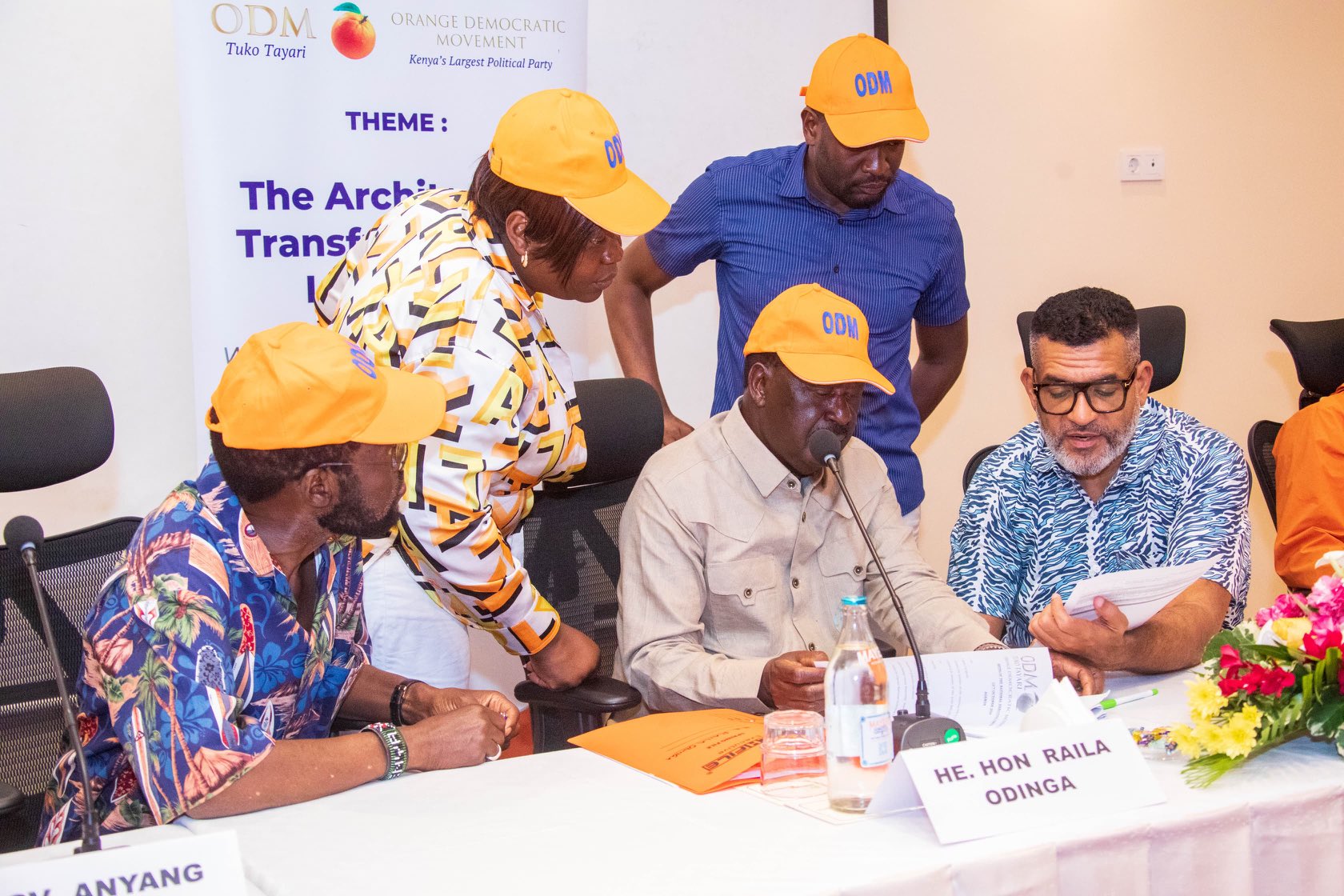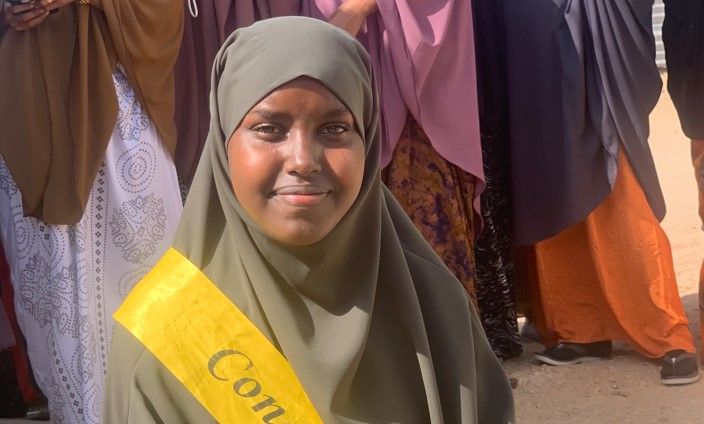How abductions dented Kenya's human rights records globally
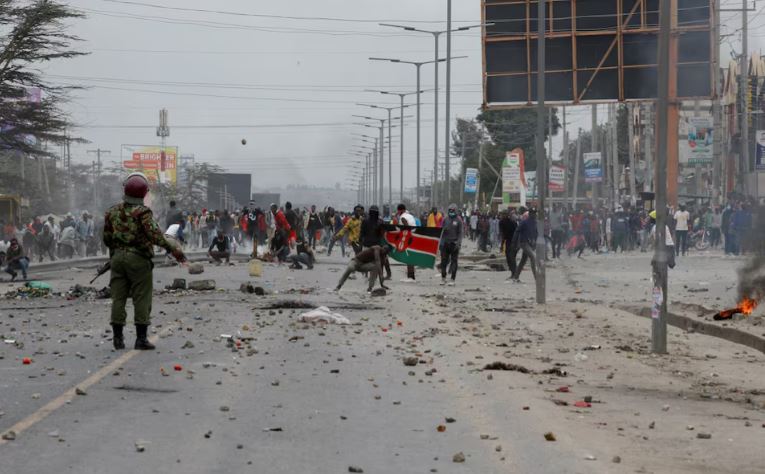
According to CIVICUS released last month, the violent suppression of demonstrations, which left at least 60 people dead and over 1,000 arrested, marked a severe curtailment of civic freedoms.
Calls by the United States of America (US) and United Kingdom (UK) governments urging Kenya to act on rising cases of abductions and enforced disappearances have exposed Kenya's falling human rights records globally in the wake of fresh reports on the same.
When on Thursday the UK urged Kenya to carry out "swift and transparent" investigations into the recent spate of alleged abductions and enforced disappearances in the country, it was following on the steps of the US that had also piled pressure on the issue.
More To Read
- Kenyans slam spectator culture as alleged abduction video sparks outrage
- Fear, uncertainty grip families of four missing men from Mlolongo as police probe drags on
- Court petition seeks to summon politicians over abduction remarks
- Court to IG of Police Kanja: Show up on January 27 or face conviction over abductions
British High Commissioner to Kenya, Neil Wigan, made the call while welcoming the safe return of five Kenyans who went missing late last year.
Wigan emphasized that addressing these incidents would demonstrate Kenya's commitment to human rights as it assumes its seat on the United Nations Human Rights Council.
"Swift and transparent investigations into reported abductions will demonstrate Kenya's commitment to fundamental rights, as it takes up its seat on the UN Human Rights Council," he stated.
Last month, the US joined the growing international calls for accountability and the upholding of the rule of law in Kenya, as concerns over the increasing number of abductions and extrajudicial actions take centre stage.
Nairobi Chargé d'Affaires at the US Embassy Marc Dillard, urged the Kenyan government to put an immediate stop to the abductions of individuals, a practice that has sparked widespread protests and condemnation.
Dillard, while mourning the death of former US President Jimmy Carter, expressed his condolences and reaffirmed Carter's commitment to human rights and global justice.
"We mourn the loss of a dedicated public servant and global champion of human rights, health, and free elections. President Carter was a steadfast friend of Africa: he was a forceful advocate to end apartheid in South Africa and helped to nearly eradicate Guinea worm disease. Rest in peace, sir," Dillard said.
He added, "President Carter championed human rights worldwide. In the spirit of his legacy, we join the calls in Kenya for accountability and respect for the rule of law. Abductions must end."
Several local and global human rights reports have raised concerns over Kenya's deteriorating human rights record.
Violent suppression
According to CIVICUS released last month, the violent suppression of demonstrations, which left at least 60 people dead and over 1,000 arrested, marked a severe curtailment of civic freedoms.
A global report has placed Kenya among 50 sub-Saharan African nations accused of suppressing human rights in the past year.
The report dubbed People Power Under Attack 2024, published by the civil society organisation CIVICUS, downgraded Kenya's civic space rating from "obstructed" to "repressed," citing police brutality during mid-2024 protests.
According to CIVICUS, the violent suppression of demonstrations, which left at least 60 people dead and over 1,000 arrested, marked a severe curtailment of civic freedoms.
"Abductions of protesters and online supporters have continued months after the demonstrations, creating a chilling effect on civic participation," reads the report.
In another report by the state created Kenya National Commission on Human Rights (KNCHR), it is revealed that human rights violations have escalated between July last year and November this year. This increase is attributed to injuries and fatalities during last year's opposition protests and this year's anti-finance bill demonstrations.
"Looking at the statistics provided in this report, particularly concerning the demonstrations in 2023 and 2024, we can conclude as a commission that the numbers have indeed risen," the commission stated.
During the anti-finance bill protests in June and July last year, KNCHR recorded 60 deaths. Over 97 cases of femicide were reported to the police in the last three months, alongside the discovery of 10 decomposed female bodies in the Mukuru area.
The grim statistics were further exacerbated by the shocking discovery of 448 bodies in Shakahola, a stark violation of the right to life.
"As we issue this statement, it is crucial to reiterate that human rights are inherent to all individuals by virtue of being human. They are not a privilege but an entitlement and can only be limited in accordance with Article 24 of the Constitution of Kenya," the commission said.





